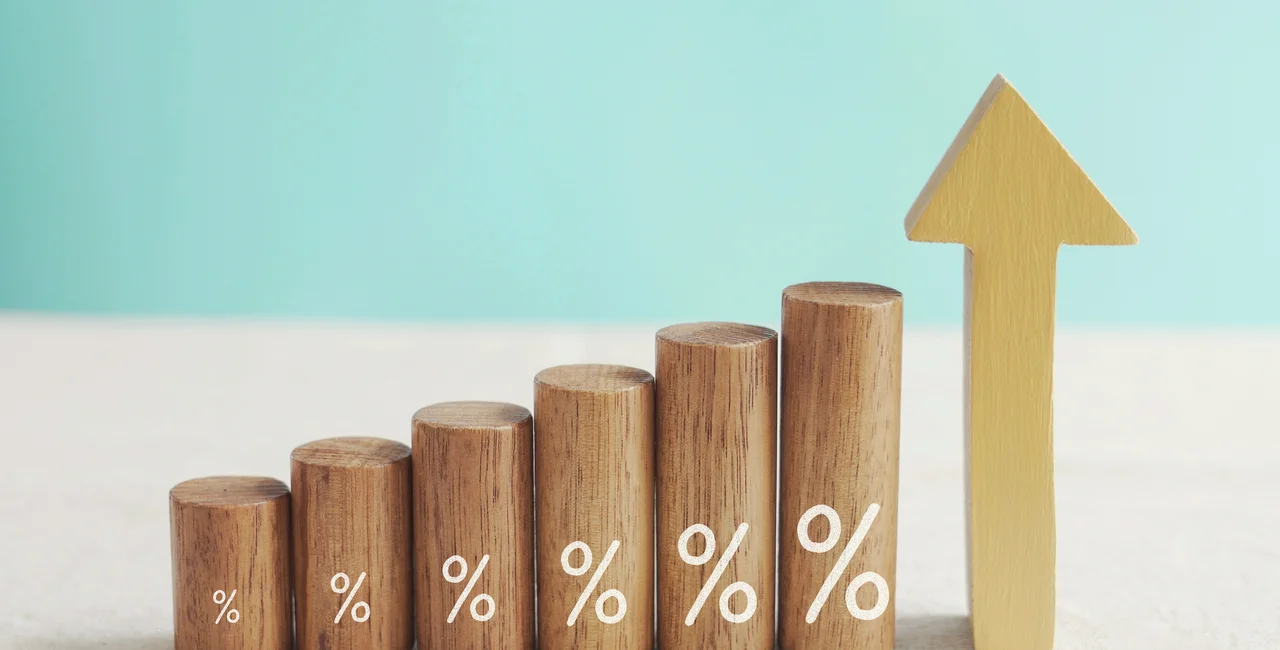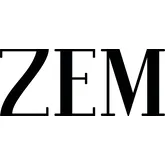Inflation in the euro area has hit its highest annual level since the creation of the euro currency in 1999. In May 2022, the annual inflation jumped to 8.1 percent in the euro area and 8.8 percent in the EU.
Prices have been rising for 10 consecutive months and show few signs of letting up, deepening a cost-of-living crisis for consumers and forcing European policymakers to pledge a variety of measures to tackle the issue.
Initially driven by post-pandemic supply shortages and soaring energy prices following Russia's invasion of Ukraine, inflation has now become increasingly broad, affecting everything from food and services to everyday goods.
In the Czech Republic, year-on-year inflation in the first quarter of 2022 reached 11.2 percent. Compared with the fourth quarter of 2021, consumer prices rose 6.3 percent in the first quarter, the highest since 1993. Prices are rising for the vast majority of items in the consumer basket, according to the Czech Statistical Office (CSÚ).
Czechia now ranks 4th in the euro area in terms of the annual inflation rate. Estonia (20.1 percent), Lithuania (18.5 percent), and Latvia (16.8 percent) have the highest inflation rate, while France and Malta mark the lowest rate at 5.8 percent.
Euro area annual #inflation up to 8.1% in May https://t.co/0v4XMPvcbJ pic.twitter.com/YMxGlexwHM
— EU_Eurostat (@EU_Eurostat) June 17, 2022
“Housing and energy, transport, and food prices contributed most to the year-on-year growth in consumer prices. These are the items that make up the majority of the budget of low-income households. However, prices are rising strongly in almost all sections of the consumer basket and this growth continues to accelerate," CSÚ chairman Marek Rojíček said in a press release.
The sharp rise in consumer prices has reduced the purchasing power of the average wage. In the first quarter, it fell by a record 3.6 percent year on year in real terms, even though the nominal wage increase reached 7.2 percent.
In other respects, however, the labor market is returning to pre-crisis levels. Employment rose, the unemployment rate continued to fall and business expectations for self-employment remained slightly positive. Labor shortages also persisted in some industries, the CSÚ stated in an analysis of the Czech economy.
The gross domestic product of most European Union countries, including the Czech Republic, exceeded the level of the pre-crisis first quarter in 2019 in the first quarter of this year.
The Czech economy grew by 4.8 percent year on year and by 0.9 percent quarter on quarter. This was less than the overall growth in the EU. The EU economy as a whole grew by 5.6 percent year on year in the first quarter and by 0.7 percent quarter on quarter.
“Compared to the end of 2021, we have seen a significant recovery in investment activity in the first months of this year, with foreign demand also having a positive effect. Domestic consumption, on the other hand, declined and households cut back spending on durable goods in particular. This is a sign of a deterioration in consumer sentiment,” Rojíček said.
In particular, motor vehicle manufacturers and related industries suffered from a component shortage. However, other industries were generally successful, and the gross value added in manufacturing rose by 3.2 percent quarter on quarter. The recovery in construction was also strong. Services previously affected by restrictions continued to recover and move to pre-pandemic levels. But the slowing of consumption dampened their quarter-on-quarter growth.
The European Commission recently lowered its economic growth forecasts to 2.7 percent this year, from the 4 percent estimated in winter. As the inflation is hitting record levels and is expected to average 6.8 percent for the year, the commission forecast, leading a growing number of economists to warn that Europe may tip into a sharp slowdown or outright recession before the end of the year.












 Reading time: 3 minutes
Reading time: 3 minutes 


























